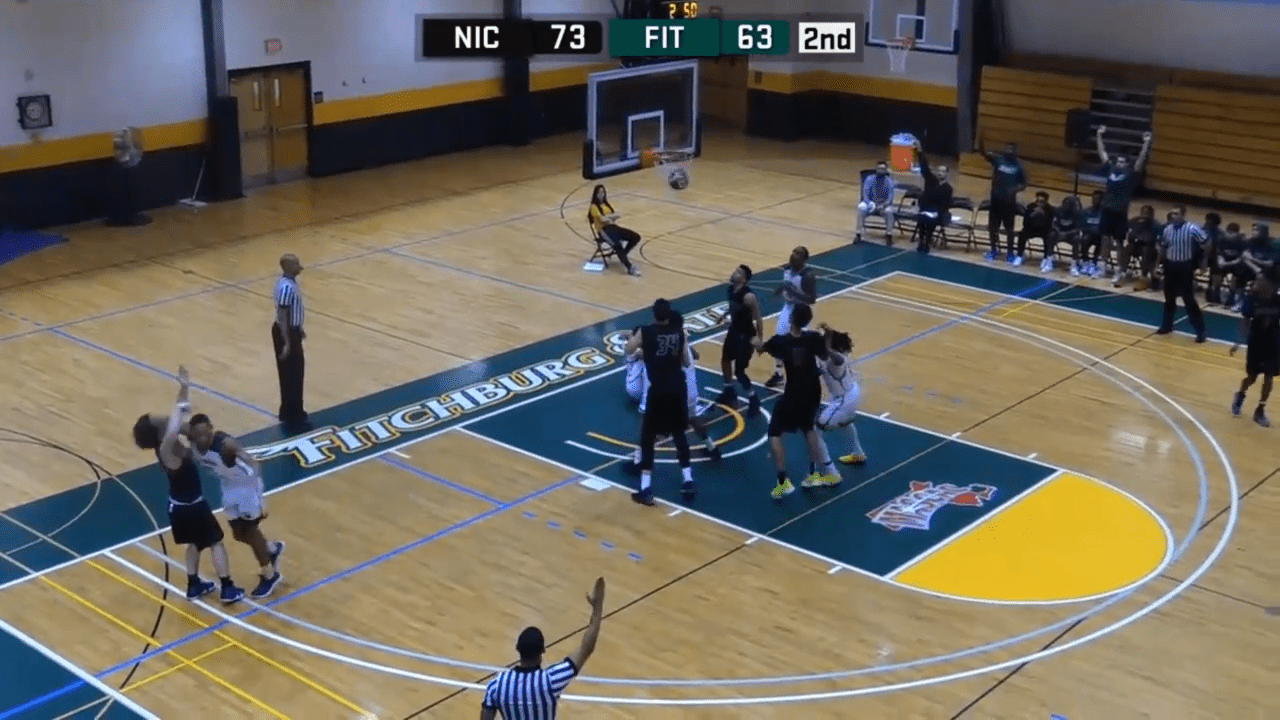MLB Commissioner Rob Manfred is a man obsessed. His fixation with pace of play rule changes has become all-consuming. It must keep him awake at night, tossing and turning, trying to come up with the next idea to shave a couple of minutes off a Major League Baseball game. Currently, Manfred’s in a lather because of the recently released ballpark figures for 2018 which show attendance was down from the previous year (although attendance has been declining over the past 10 years), and the TV ratings for the World Series were not as good as they had hoped. While there are many causes one can point to, Manfred has decided to focus on pace of play as being the main culprit. He’s already implemented some changes at the Major League level – the new version of intentional walks, shortened replay review, limiting mound visits, etc. In the minor leagues, it’s even worse. Without a players’ union to protect them, they are guinea pigs for Rob Manfred’s radical experiments. In an attempt to speed up the game, a digital clock looms behind the pitcher threatening him with a called “ball” if he exceeds the 20-second time limit. In the Arizona Fall League this year, they have reduced the time on the pitch clock to 15 seconds, much to the young pitchers’ displeasure.
The psyche of a pitcher is fragile. It’s a long held observation that the pitcher is the most vulnerable position in baseball. There’s a lot of pressure on them, now more than ever, with enhanced media scrutiny along with lucrative contracts that many of them are receiving. Pitchers are also creatures of habit. Anything that upsets their routine on the mound can have dire consequences. A large part of being a successful pitcher is having great mental focus and concentration. It goes without saying the threat of a pitch clock hanging over you is bound to be a disruptive force.
San Francisco Bay Area writer and blogger, Grant Brisbee, of SB Nation and McCovey Chronicles, won the 2018 SABR Analytics Conference Research Award for his fascinating and entertaining article,“Why Baseball Games Are So Damned Long.” In it, he compares two nearly identical ball games. One is from 1984, and the other from 2014. He found there was a difference of 35 minutes between them. He broke it down inning by inning, including TV commercials, but his conclusion was that it’s all the pitcher’s fault. They were taking too long between pitches compared to their 1984 counterparts. Brisbee thinks that if they were more efficient in their methodology it would speed up the game considerably.

I think he fails to take a few things into consideration. One is that a starting pitcher in 1984 wasn’t making anywhere near the amount of money that any MLB pitcher makes today. Those were the pre-strike days, before a strong player’s union, CBA’s, arbitration, and high-powered agents upped the ante for everyone involved. However, earning more money also brings with it increased expectations and pressure. Consequently, pitchers might need a few more seconds to take a deep breath and get it right.
Despite what Brisbee claims, I believe there are more and/or longer TV commercials and downtime now between innings and that affects the game in other ways. While the actual length of TV ads might be similar (although the 2014 game contained 10 more minutes of commercials) these breaks from game action do affect the players. There’s a lot waiting around for things that have nothing to do with baseball, whether that’s because of commercials that run long, or on-field promotions that don’t finish in a timely manner. Perhaps because of this, pitchers have been conditioned to “conserve their energy” and have been lulled into a more relaxed state than their predecessors.
Commissioner Manfred sees this extra half-hour of game time as the root of all evil. He attributes the drop in attendance, lack of viewership and loss of popularity among young people to pitchers holding onto the ball 20 seconds longer. It all boils down to that. He is trying to micro-manage a critical position in the game by making a scapegoat of the most important defensive player on the field.
Manfred will be at the MLB franchise owner’s meeting taking place this week. According to sources, he’s going to try and convince owners to implement the pitch clock in the Majors for the 2019 season. However, they are not the ones who need convincing. It’s the Player’s Association (MLBPA) that objects to it, and the owner’s might not want to go toe-to-toe with them over this issue when the collective bargaining agreement negotiations loom in 2021. What might happen is an agreement to use the pitch clock during MLB Spring Training and see how that goes.
Like the perennial and popular TV game show “Beat the Clock”, pitchers are now competing not only against the opposing team, but against time itself. That’s a departure from the fundamental concept of the game. Clocks have always been anathema in baseball. The beauty of the game is that it’s timeless – in every sense of the word. Its ebb and flow has a pace of its own creation. To try and change that would destroy the very essence of what makes baseball an iconic and beloved American institution.






